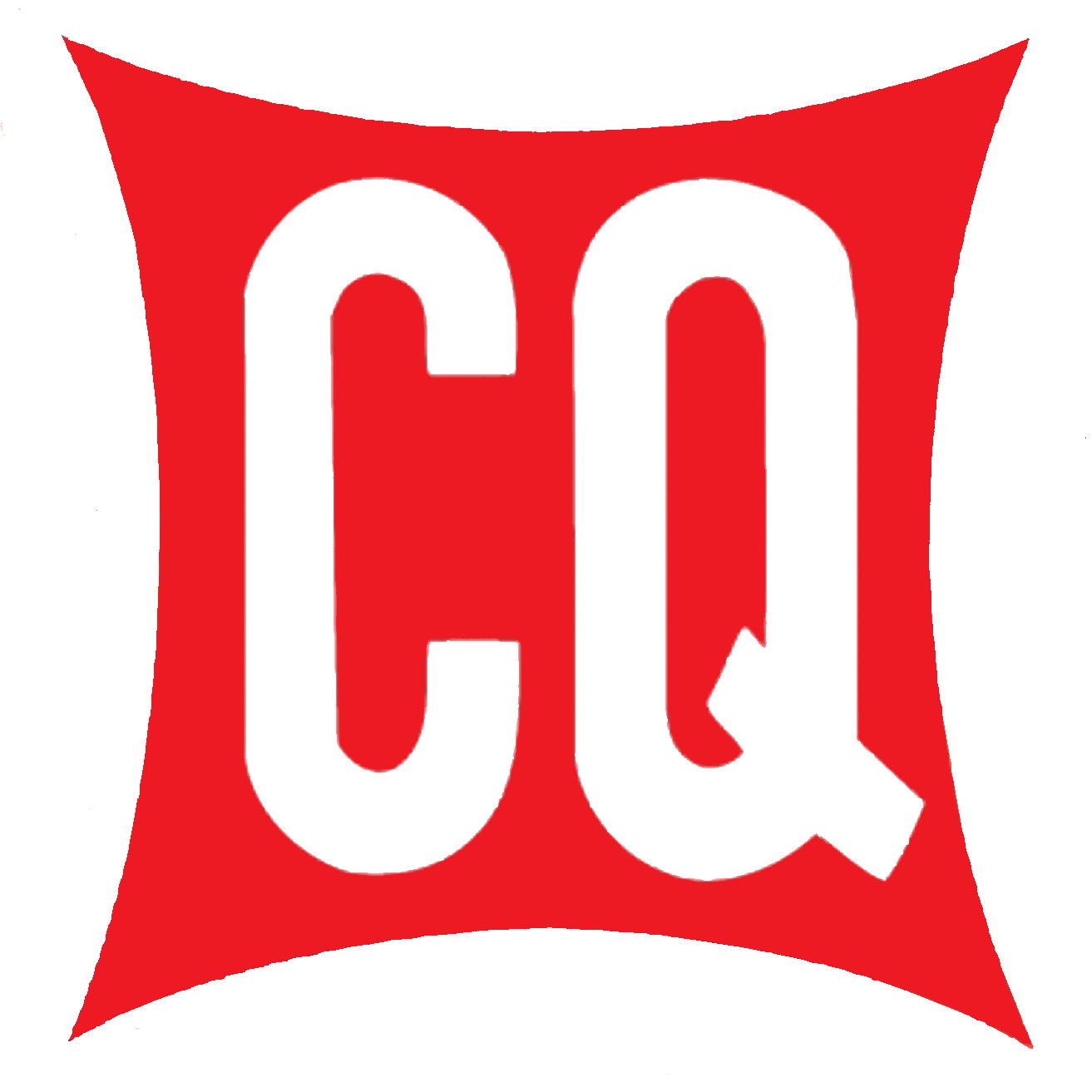Have a question about the Marathon? Need help or advice?
Use the DX Marathon Email Group on groups.io
Each year there are pirates, operations that are not approved, callsigns that are copied incorrectly and unusual operations that are valid. We attempt to document as many of these operations as possible - see the lists of valid callsigns, invalid callsigns, and callsign notes. We encourage you to share your findings on pirates, illegal operations or confusing callsigns with us. Please send your callsign updates to the DX Marathon Communications Manager at: k2cib@dxmarathon.com
Many points are lost each year due to bad spots on the packet cluster network. Every year we assemble extensive lists of valid callsigns and notes, invalid calls, pirates and bad spots - please check your submissions against these lists!
Please check USA/VA zones carefully. Calls in the United States may not reflect their physical location. That is, a call with a “0” in it might be in CQ zone 4 as expected, but it might sometimes be in Oregon, New York, or even Hawaii. By contrast, Canadian calls are more predictable. The one exception is that a handful of VE2 calls are in zone 2 (if they are north of 50 degrees latitude). The rest of VE2 are in zone 5. The official zones page in this section and a regular Canadian call sign will allow the participant to accurately submit the proper zone.
With care, US calls can be used for zones. Carefully check the US State (or possession) that is listed in the QRZ address. QRZ regularly updates the QTH from the FCC database. QRZ allows the CQ Zone to be filled in by hand and sometimes the operator does not know which zone they are located or simply states the wrong zone. In all cases, avoid mobile or portable operations.
Also note:
-
When a prefix can count for more than country (e.g. E51) double check your entry.
-
Although you can use the same QSO for a country and a Zone, if there is an error, two points will be lost! We suggest using a different QSO for country and zone.
-
Review your submission carefully and make sure your logging program country database is up to date.
Some of this data is also available in JSON format, making it easier to parse by computer programs if you need it that way, in two separate files: all-good-calls.json and all-bad-calls.json
